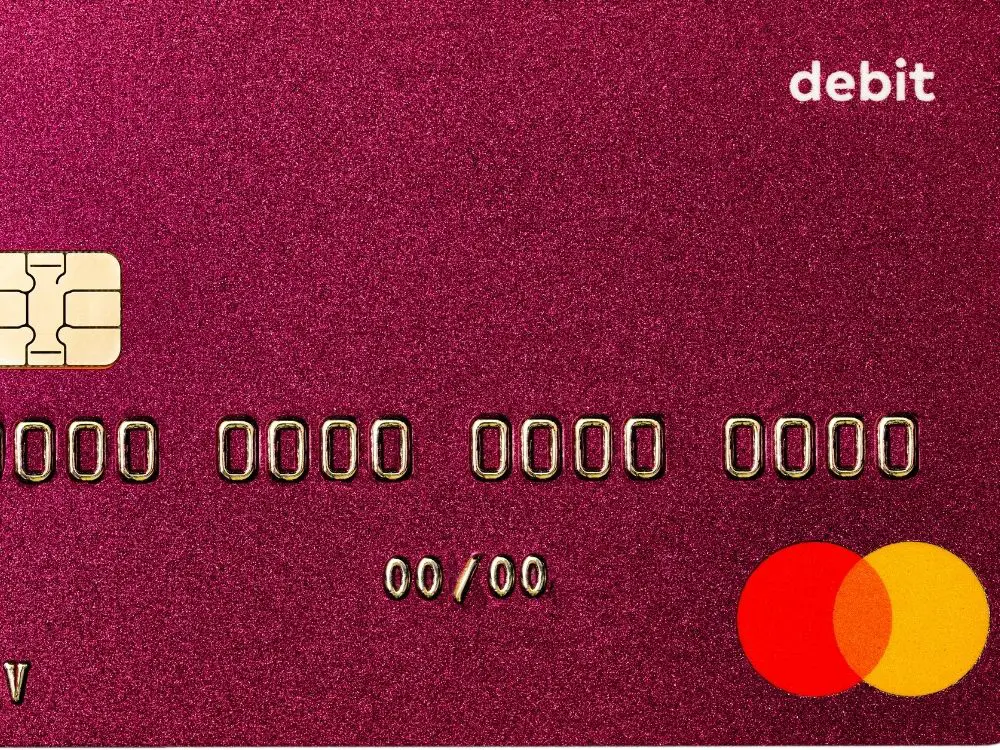In the world of plastic money, understanding the difference between debit cards and credit cards is crucial for responsible financial management. Both cards offer convenient ways to make purchases and access cash, but they work in fundamentally different ways. This article explores the key distinctions between debit and credit cards, helping you choose the right option for your spending habits and financial goals.
Debit Cards: Spending What You Have
A debit card acts as a direct link to your checking account. When you use a debit card to make a purchase, the funds are immediately deducted from your account balance. It’s essentially like using an electronic check, ensuring you never spend more than what’s available.
Here’s a breakdown of debit cards:
- Linked to checking account: Funds come directly from your deposits.
- Immediate deduction: Purchases are instantly deducted from your balance.
- No borrowing power: You cannot spend beyond what’s in your account.
- May offer ATM access: You can withdraw cash from ATMs within your account limits and bank fees.
- Generally no annual fees: Debit cards typically don’t have yearly charges.
Debit cards are a good choice for:
- Individuals who prefer to track spending closely and avoid debt.
- People who are building a budget and want to ensure they don’t overspend.
- Young adults learning about financial responsibility.

Credit Cards: Building Credit and Borrowing Power
A credit card allows you to borrow money from a bank up to a preset limit. You use the card to make purchases and repay the borrowed amount later, typically with interest charges if not paid in full by the due date. Responsible credit card use can help build your credit score, a crucial factor in securing loans and favorable interest rates in the future.
Here’s a breakdown of credit cards:
- Line of credit: You borrow money from the issuer up to a limit.
- Payment due later: You receive a monthly bill for repayment.
- Interest charges apply: If not paid in full by the due date, interest accrues.
- Helps build credit: Responsible use can positively impact your credit score.
- May have annual fees: Some credit cards have yearly charges.
Credit cards are a good choice for:
- Individuals who want to build or improve their credit score.
- Earning rewards programs offered by many credit cards.
- Making larger purchases and managing repayments over time.
- Taking advantage of fraud protection features often stronger in credit cards.
Remember: Using a credit card irresponsibly can lead to significant debt and damage your credit score. Always pay your credit card bill in full and on time to avoid interest charges and maintain good financial standing.
Choosing Between Debit and Credit Cards: A Guide for USA Residents
The best choice between a debit card and a credit card depends on your financial situation and spending habits. Here are some key factors to consider:
- Spending habits: If you tend to overspend, a debit card can help you stay within your budget.
- Debt management: If you struggle with debt, a debit card may be a safer option.
- Building credit: If you want to build or improve your credit score, responsible credit card use can be beneficial.
- Rewards programs: If you frequently make purchases and want to earn rewards points or cashback, consider a credit card with a rewards program.
Additional Tips:
- Always compare fees associated with both debit and credit cards before choosing.
- Look for cards with benefits that align with your spending habits, such as cashback on groceries or travel points.
- Regardless of your choice, practice responsible spending habits and track your transactions to avoid overspending.
By understanding the difference between debit cards vs credit cards, you can make informed financial decisions and choose the payment option that best suits your needs.
FAQs
1. Can I use a debit card like a credit card?
Yes, debit cards can be used for many of the same things as credit cards, such as making purchases online and in stores. However, the key difference is that debit cards deduct funds directly from your checking account, while credit cards allow you to borrow money up to a limit.
2. Is it better to use a debit card or a credit card for gas purchases?
For gas stations, it depends on your spending habits and the specific card you have. Some gas stations may place a temporary hold on your debit card funds that can be more than the actual purchase amount. If you use a credit card with rewards for gas purchases, it can be beneficial but remember to pay your balance in full to avoid interest charges.
3. What are some benefits of using a debit card?
- Avoids debt: You can only spend what you have in your account, promoting responsible spending.
- No interest charges: There are typically no interest fees associated with debit card transactions.
- May offer ATM access: Withdraw cash from in-network ATMs within your account limits and bank fees.
4. What are some benefits of using a credit card?
- Builds credit: Responsible credit card use helps build your credit score, important for loans and future interest rates.
- Rewards programs: Earn points, cashback, or travel miles on purchases with many credit cards.
- Fraud protection: Credit cards often have stronger fraud protection compared to debit cards.
5. How can I choose the right card for me (USA)?
Consider your spending habits and financial goals. If you prioritize staying within budget and avoiding debt, a debit card might be ideal. If you want to build credit and potentially earn rewards, a credit card could be beneficial. Always compare fees and choose a card with features that align with your needs.

